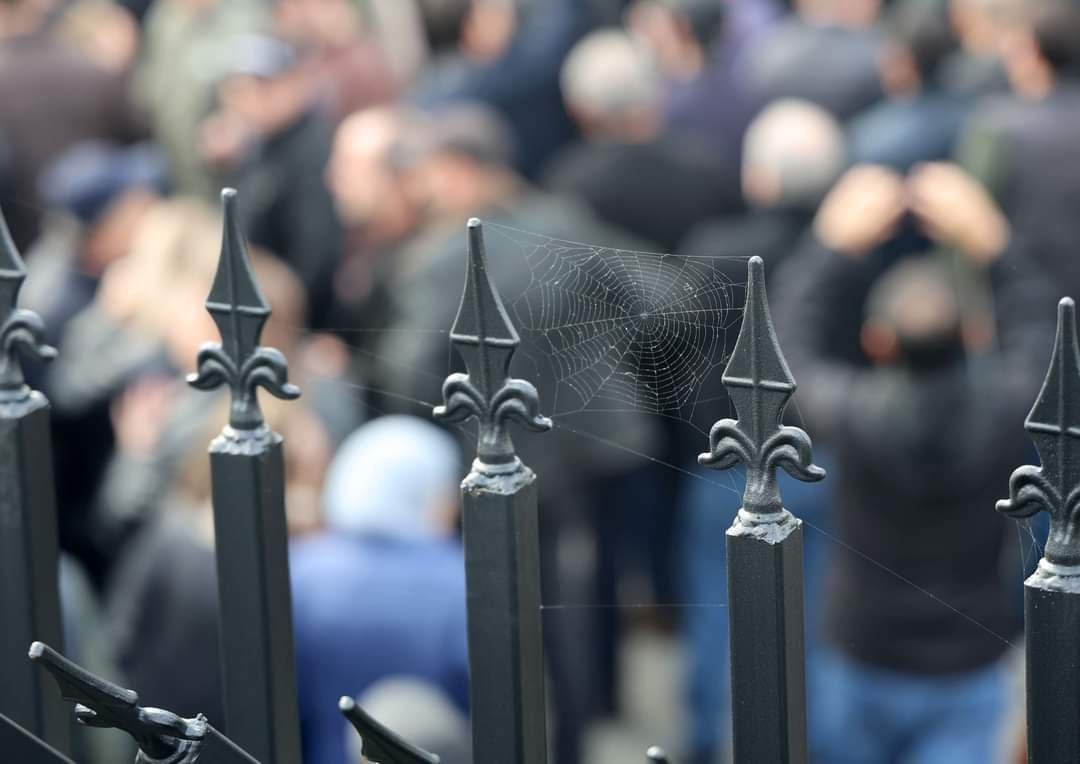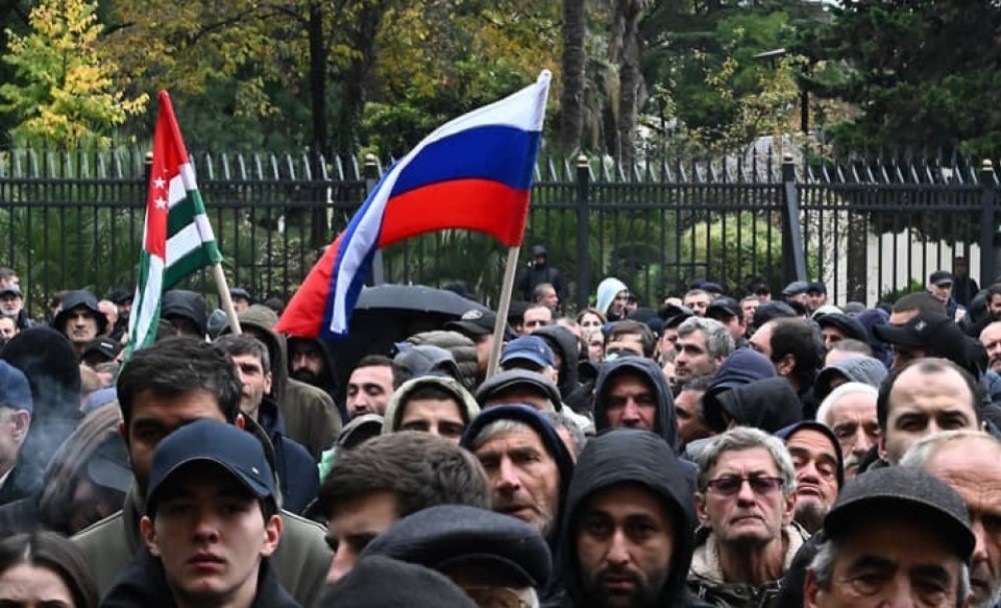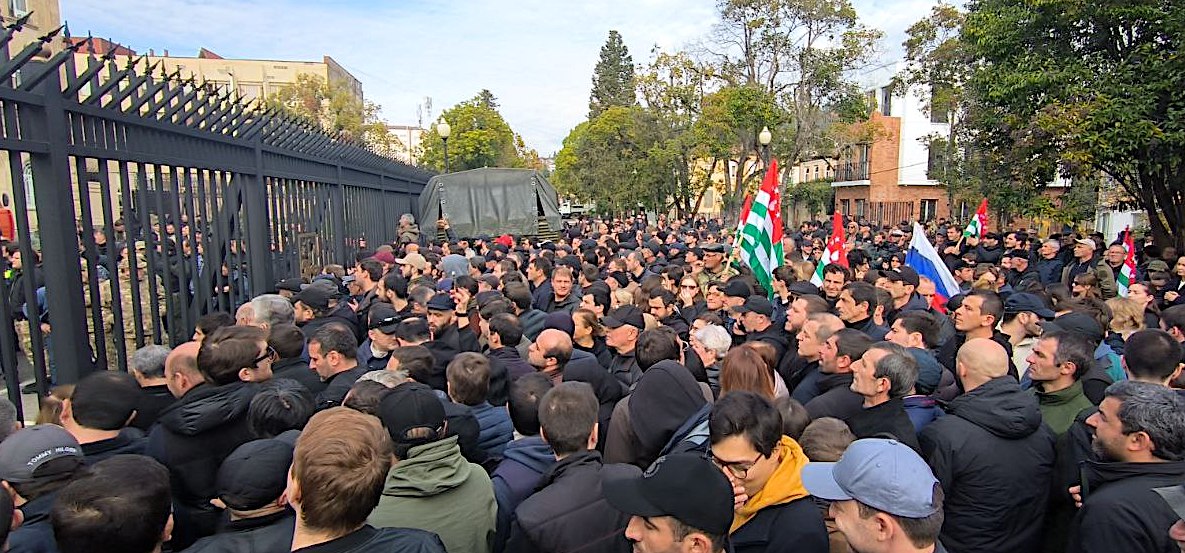Russia bans Abkhaz mandarins: health crisis or political punishment?
Russia bans Abkhaz mandarins
Russia has banned the import of mandarins from Abkhazia. According to the official explanation, the ban is due to the discovery of a pest – western flower thrips – in the fruit. However, the Abkhaz side believes this is Russia’s way of “punishing” Abkhazia for failing to fulfill its commitments.
At the border with Russia, 20 trucks carrying citrus fruit have been detained. Rosselkhoznadzor claims that no embargo has been imposed and that “if the inspection confirms compliance with phytosanitary requirements, the shipment is allowed through.”
A similar ban was introduced in 2004. The official reason back then was also the presence of a pest, but the real cause was Russia’s dissatisfaction with the results of the presidential election in Abkhazia.
This time, the sudden discovery of western flower thrips in mandarins coincides with a significant deterioration in Russian-Abkhaz relations.
Acting Prime Minister of Abkhazia Valery Bganba openly stated that this is Russia’s response to the Abkhaz parliament’s refusal to ratify the Russian-Abkhaz investment agreement.
The opposition, civil society, and local entrepreneurs in Abkhazia were strongly opposed to the agreement, which granted Russian investors unprecedented privileges.
The dispute escalated into mass protests, ultimately leading to the opposition seizing a government building complex. A few days later, President Aslan Bzhania, who had actively pushed for the agreement, was forced to resign.
On December 2, the Abkhaz parliament once again voted against ratifying the agreement.
Moscow, it seems, was not pleased with this outcome.
Previously, the Kremlin had already taken a series of “punitive” measures against Abkhazia for refusing to accept decisions beneficial to Russia but harmful to itself. Abkhazia effectively stopped receiving socio-economic aid from Russia, including subsidized electricity, leaving the republic on the verge of an energy crisis.
Opposition Abkhaz Telegram channels, citing Russian blogger Igor Dmitriev, suggest that former President Aslan Bzhania played a role in the imposition of sanctions.
“These actions aim to worsen Abkhazia’s already critical situation to pressure society and tie the resumption of Russian financial aid to the adoption of the investment law project and Bzhania’s return to power,” the opposition writes on Telegram.
Terms, place names, opinions and ideas suggested by the author of the publication are their own and do not necessarily coincide with the opinions and ideas of JAMnews or its individual employees. JAMnews reserves the right to remove comments on posts that are deemed offensive, threatening, violent or otherwise ethically unacceptable






















